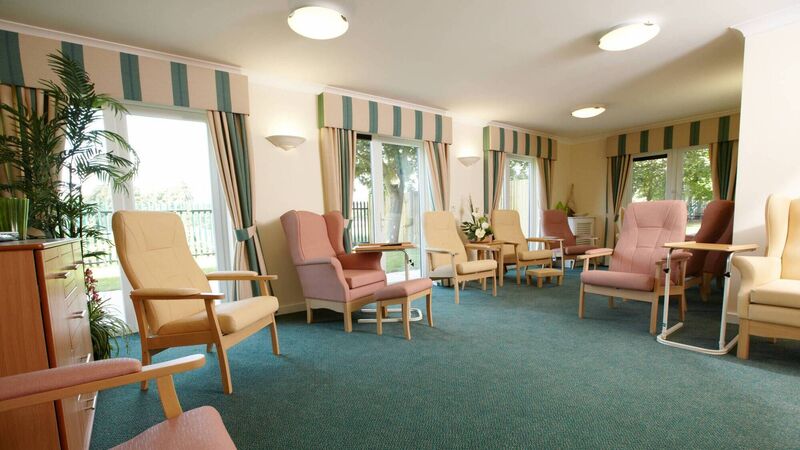People forced to sell homes to pay nursing home fees, committee told

Kerry TD Danny Healy-Rae said while the historic issues must be resolved, many elderly people continue to face discrimination today.
People have been forced to sell their homes to meet historic nursing home fees, the Oireachtas health committee has heard.
A tense debate centred mostly on fees wrongly levied on residents which, the committee heard, are still having major impacts.
More than 100 cases were described as "live" but only a fraction of these are considered to be active, the committee was told. No new cases have been taken since 2013 and the last case was settled in 2017.
Kerry TD Danny Healy-Rae said while the historic issues must be resolved, many elderly people continue to face discrimination today.
“Not all elderly people want to go into these places (nursing homes), because, in the words of someone who was close to me, they feel it is like a departure lounge when they go into a nursing home or long-stay hospital,” he said.
“They dearly wish to stay in their own homes as long as they could. In Kerry, and especially in the Killarney and Castleisland areas we have a desperate problem trying to source home helps.”
He said since last June, there has been a severe shortage of home support workers which has led to families being allocated help, but nobody being available to deliver this.
“It’s one of the biggest problems,” he said. “We are inundated with calls from people.”
He is aware of one elderly man granted 30 minutes daily.
The latest available HSE figures show 6,059 people on waiting lists for home support nationally, including only seven waiting on funding.
Senator Sean Kyne said while the funding system is “more fair now”, there is a need to provide more homecare when appropriate.
He drew a parallel between these inequities, and historic cases, saying: “We have seen commentary of people who’ve had to sell their parents’ home to fund nursing home care.”
Department of Health secretary-general Robert Watt said: “Everybody accepts, and I agree with that view, that the position before 2009 was unfair.”
This follows weeks of outrage at revelations by whistleblower Shane Corr about department memos referring to a legal strategy appearing to thwart refunds for affected residents. A redress scheme was put in place in 2006.
Social Democrats Health spokeswomen Roisin Shortall asked how many cases are not concluded.
“There has been no movement on them for years. It’s more than 100, it’s a few hundred cases. I’ll come back with the numbers,"
Mr Watt said: "There’s about 200 cases, but they’re different types of cases, at different stages.”
The last time a case was resolved was in 2017-2018, he said. He told People Before Profit TD Gino Kenny no new cases were added since 2013.
“There’s a number of cases I understand which are still active, so there is potential for the State to incur liability in relation to those cases,” he said.
“They’re looking to be compensated or refunded for the charges that they incurred privately, from private nursing homes in respect of people who had medical cards during that period.”
Sinn Féin health spokesman David Cullinane accused the Government of “penny-pinching” and queried why people who did not take appeal cases at the time are not being contacted by the State.
However, Mr Watt said it is unlikely now they will be contacted, adding: “time has moved on”.
Nursing home residents can now apply for funding through the Nursing Homes Support Scheme, more commonly known as the Fair Deal.
This supports over 22,500 residents across 550 nursing homes, with funding of €1.1bn this year.









